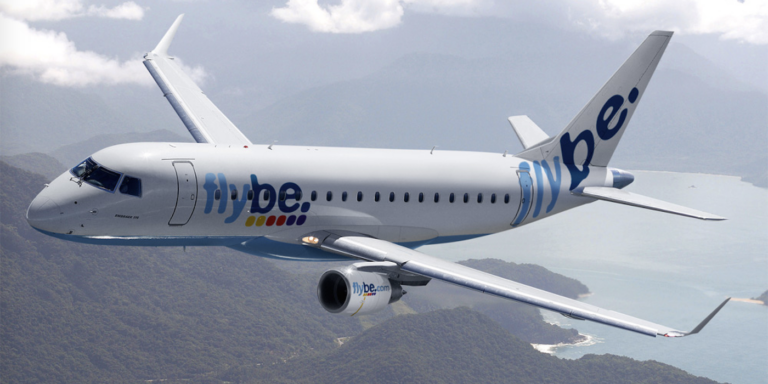One of the biggest airline news stories this week concerns UK-based regional airline, Flybe. Flybe carries eight million passengers a year between 81 airports across the UK and the rest of Europe, with over 210 routes across 15 countries. In February 2019, the airline was sold to the Connect Airways consortium, backed by Virgin Atlantic, Cyrus Capital and Stobart Aviation; however, in January 2020, Flybe was already seeking urgent funding to avoid collapse. A rescue deal is being thrashed out, with ideas including Flybe’s owners injecting funds and a potential deferment of air passenger duty due by the airline to the UK Government. Here’s what two industry experts have to say on the topic:
Professor Loizos Heracleous, an aviation industry expert from Warwick Business School in the UK, states, “The fact that Flybe has been kept afloat is good news for flyers, local economies, employees, and UK connectivity. However, this currently looks like a short-term fix rather than a long-term solution.
“Flybe requires significant changes to its operations and business model to become sustainable as a company for the longer term in a fiercely competitive environment.
“Cash injections and deferring its air passenger bill merely kick the can down the road. Reducing air passenger duty will also benefit Flybe’s competitors, such as Easyjet, who will continue to offer flights at lower cost than Flybe. This is not the answer.
“Flybe has to find ways to become more efficient, concentrate on routes that are profitable and remove money-losing routes; or consider whether these routes can be made profitable by investigating, for example, elasticity of demand in relation to price. Holding on to money-losing routes does make it harder for competitors to expand in those slots; but it is not good strategy.
“Further, revenue growth only makes sense if it is profitable growth or if the company has a solid plan to swiftly squeeze higher margins from the higher revenues (via benefitting from economies of scale and scope for example). None of these seem to be the case for Flybe.
“Flybe needs to apply turnaround actions. These typically involve selling of non-core assets to reduce debt and streamline the business, careful cash flow management, focusing on core, profitable parts or the business, increasing revenue streams such as ancillary revenues, and making investments and undertaking initiatives to make the core business more competitive. Without decisive turnaround actions, the same problem will haunt Flybe in the near future.”
Flybe is important carrier for the UK; indeed BALPA (The British Airline Pilots’ Association) says that if Flybe didn’t exist, it would have to be invented. As the Flybe crisis emerged, BALPA general secretary, Brian Strutton called on the UK Government to do whatever was necessary to ensure the airline carries on connecting the nations and regions of the UK.
“If Flybe didn’t exist, it would have to be invented. The airline plays an incredibly important role connecting the regions and nations of the UK and onwards to Europe.
“The importance of that regional connectivity cannot be overstated. Cities such as Exeter, Southampton, Birmingham and Cardiff rely extremely heavily on Flybe for their air links and for their economic prosperity. Northern Ireland, the Channel Islands and the Isle of Man would also suffer hugely if Flybe’s routes suddenly disappeared.
“On top of that Flybe has over 2,400 dedicated and loyal staff members, including pilots, many of whom have been with the company for a long time, and none of whom deserve to lose their job over years of management failures. Plus the airline serves as a skills pipeline for the rest of the UK aviation sector.
“The Government must recognise that the UK cannot afford to lose yet another airline, and the markets that Flybe serves cannot afford to lose their air connections which help businesses thrive. So we urge the Government to take every possible action to keep Flybe flying.”





